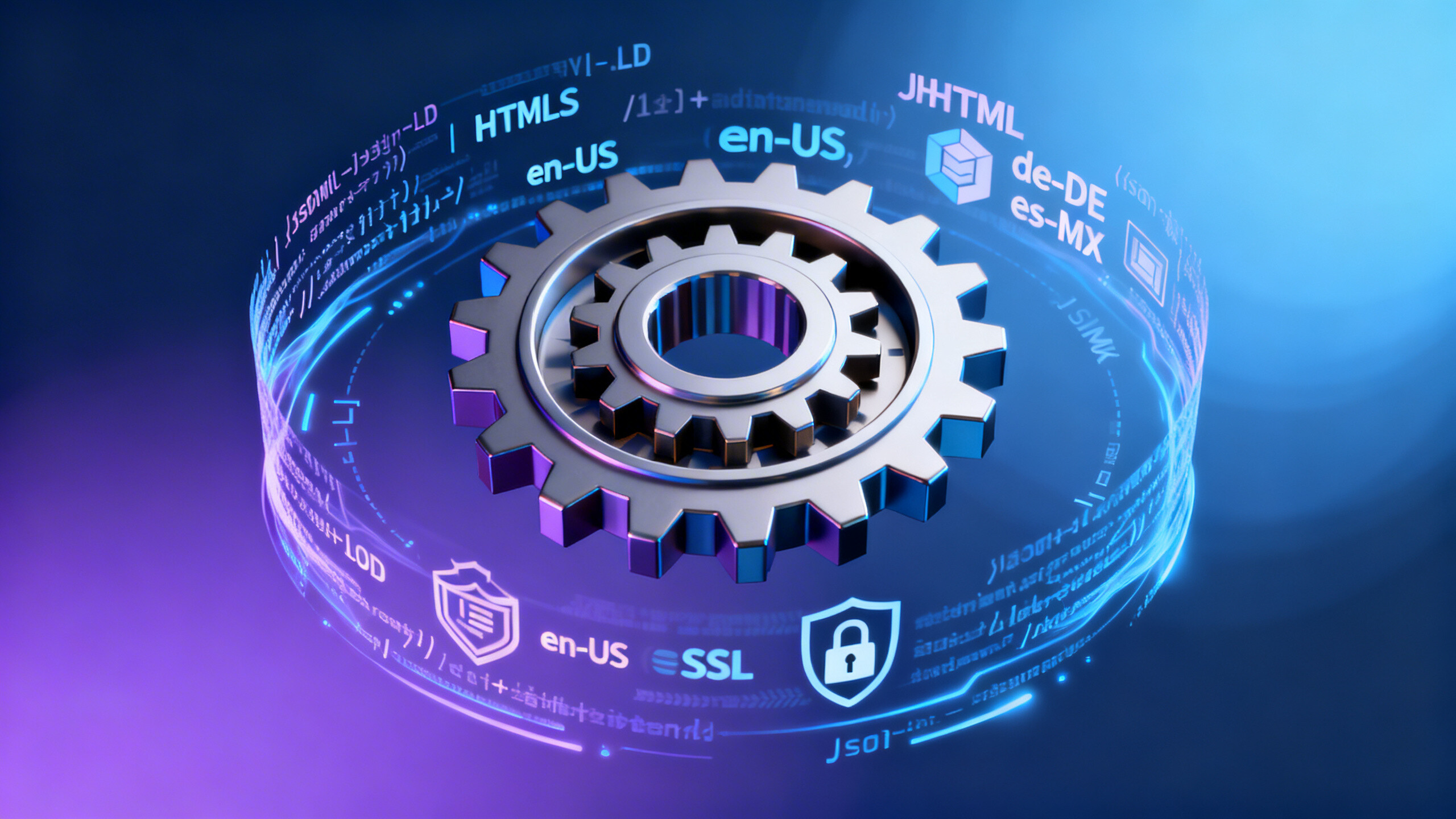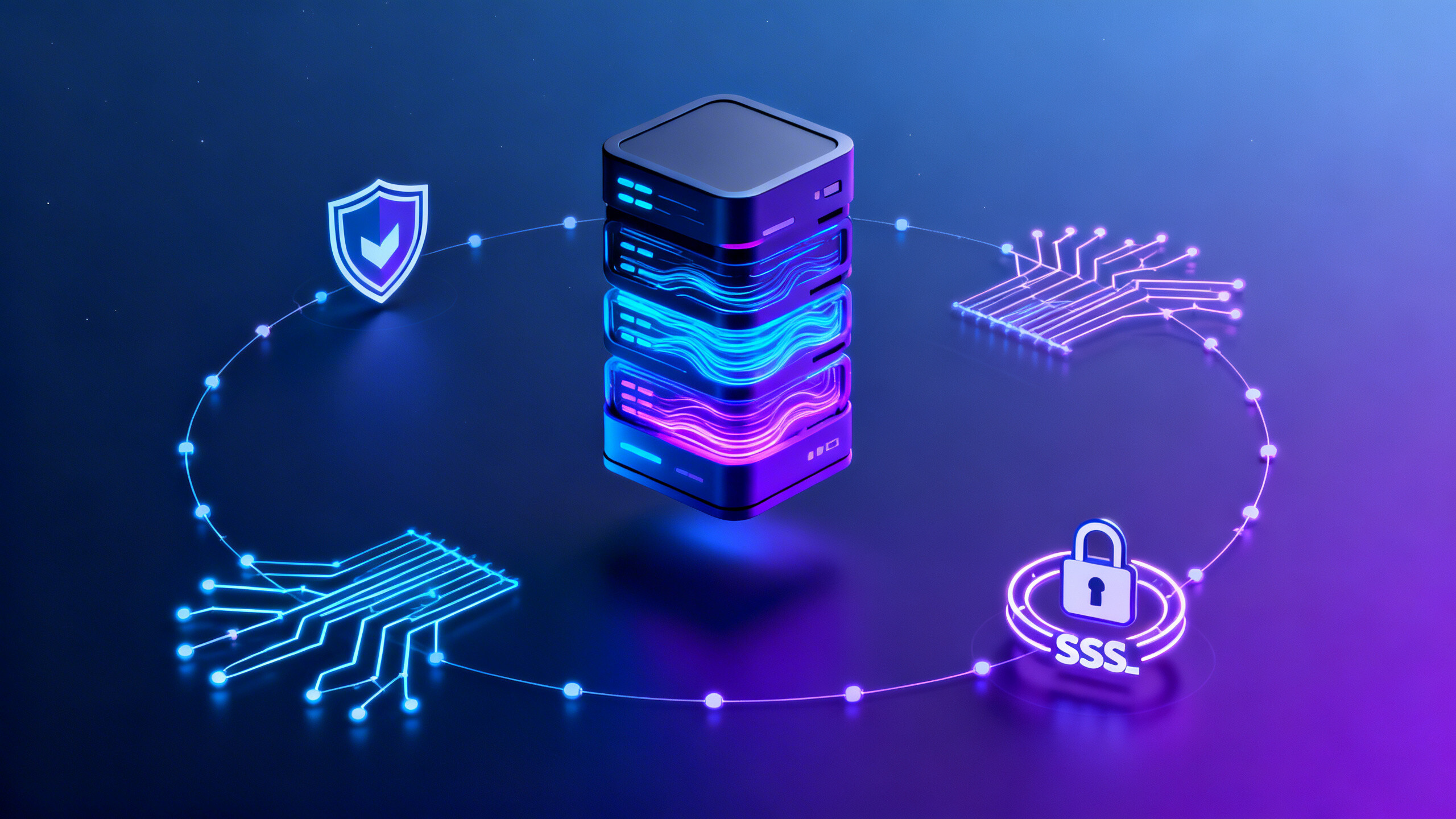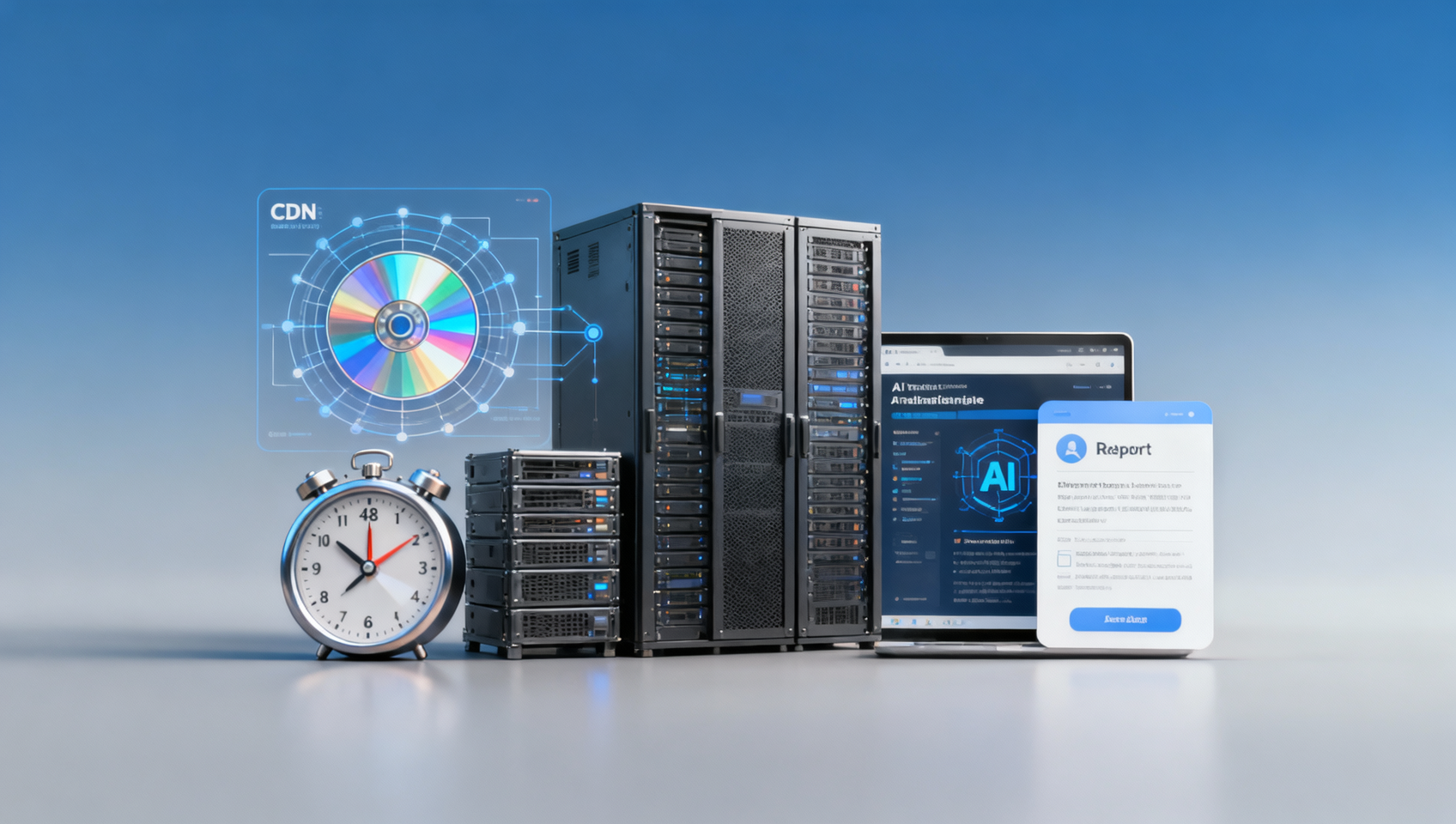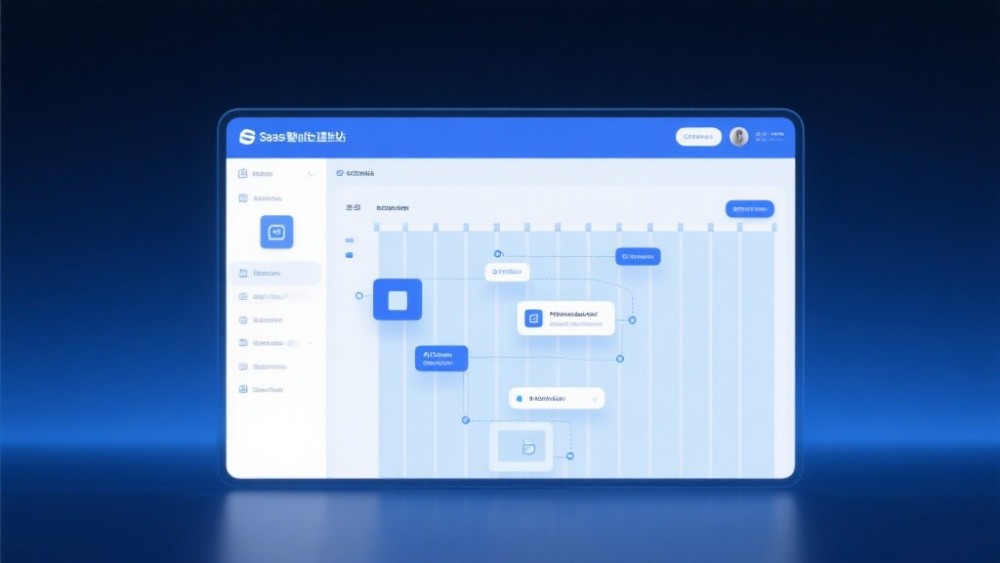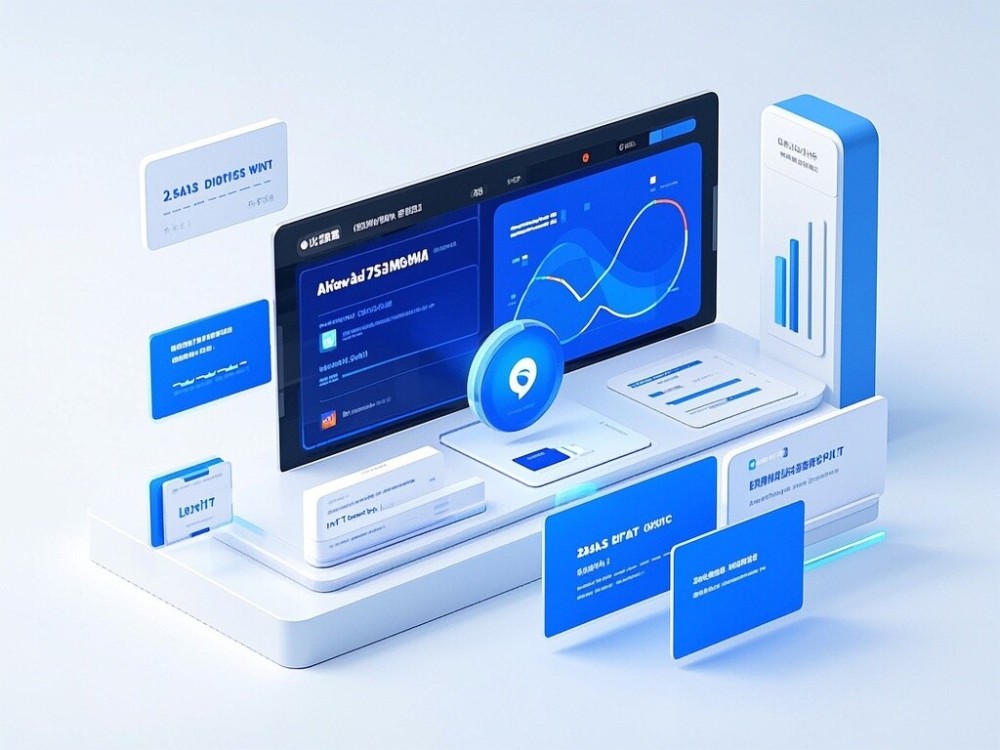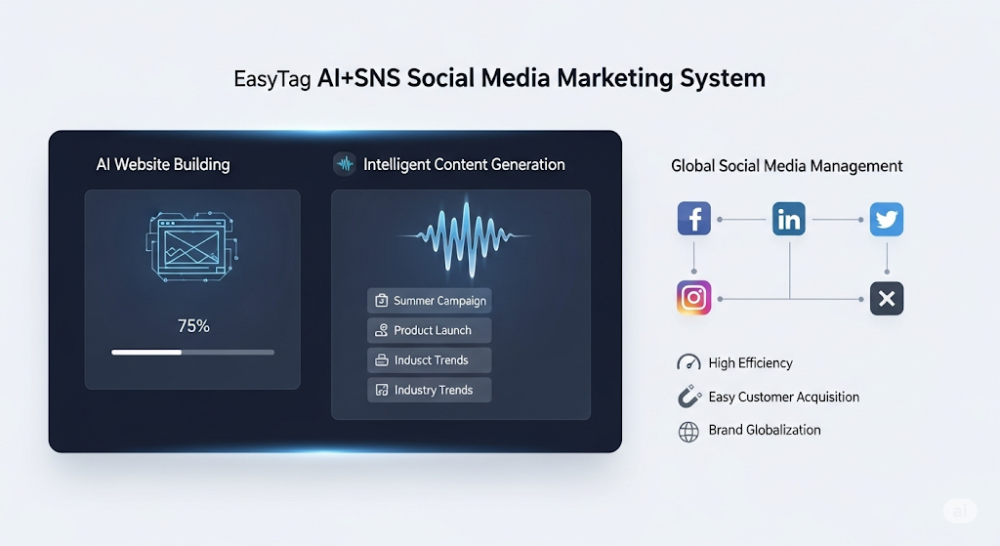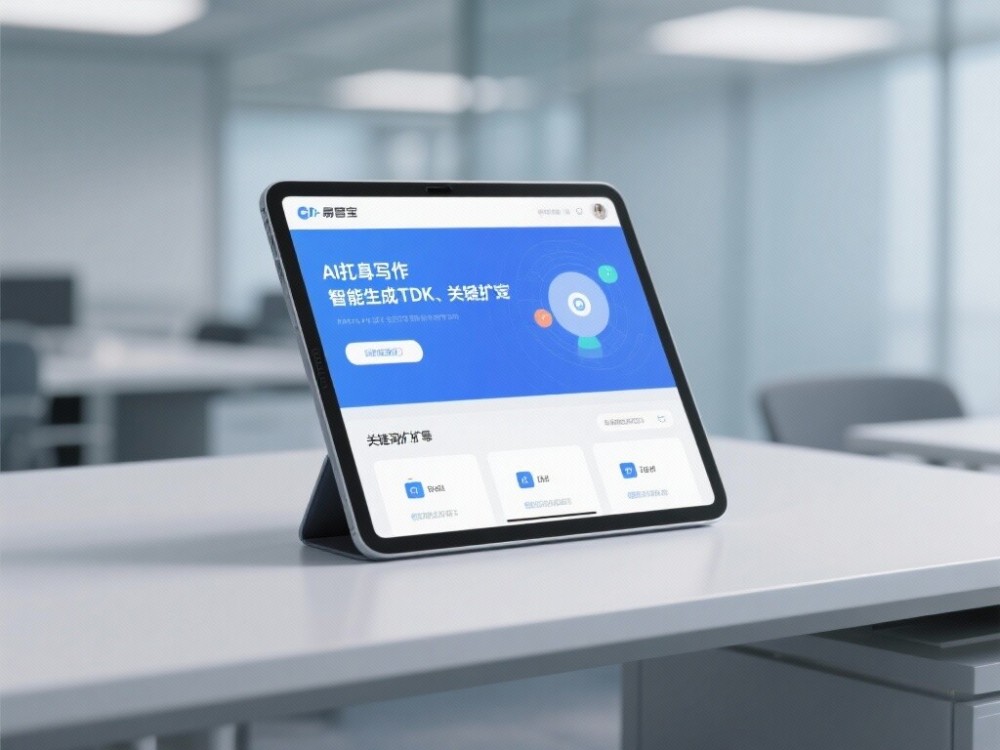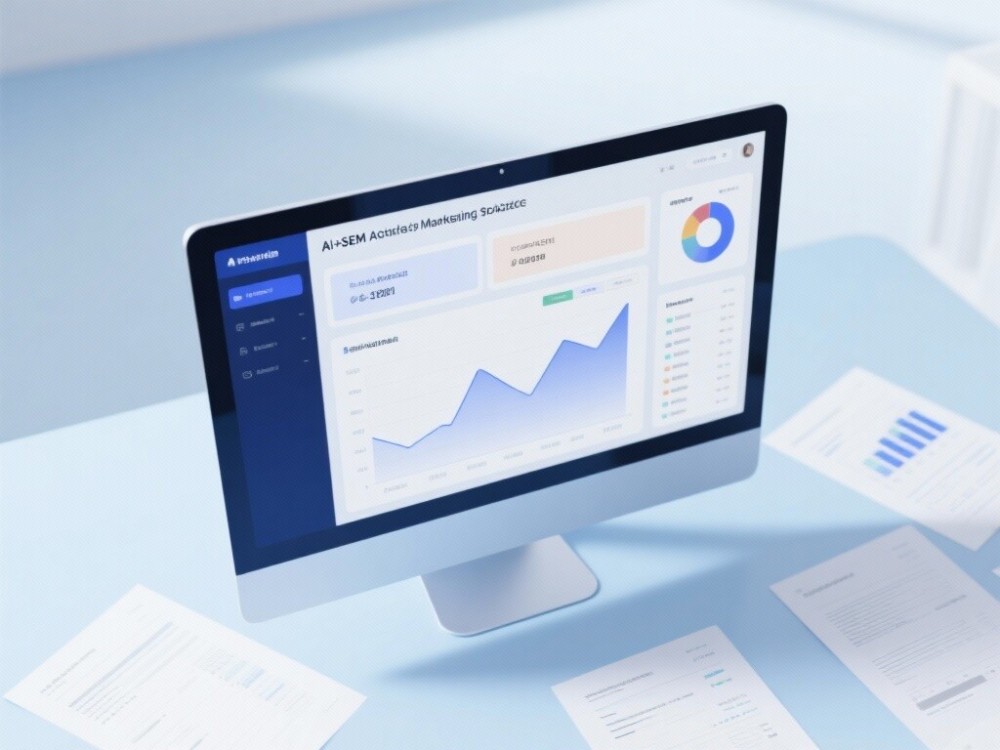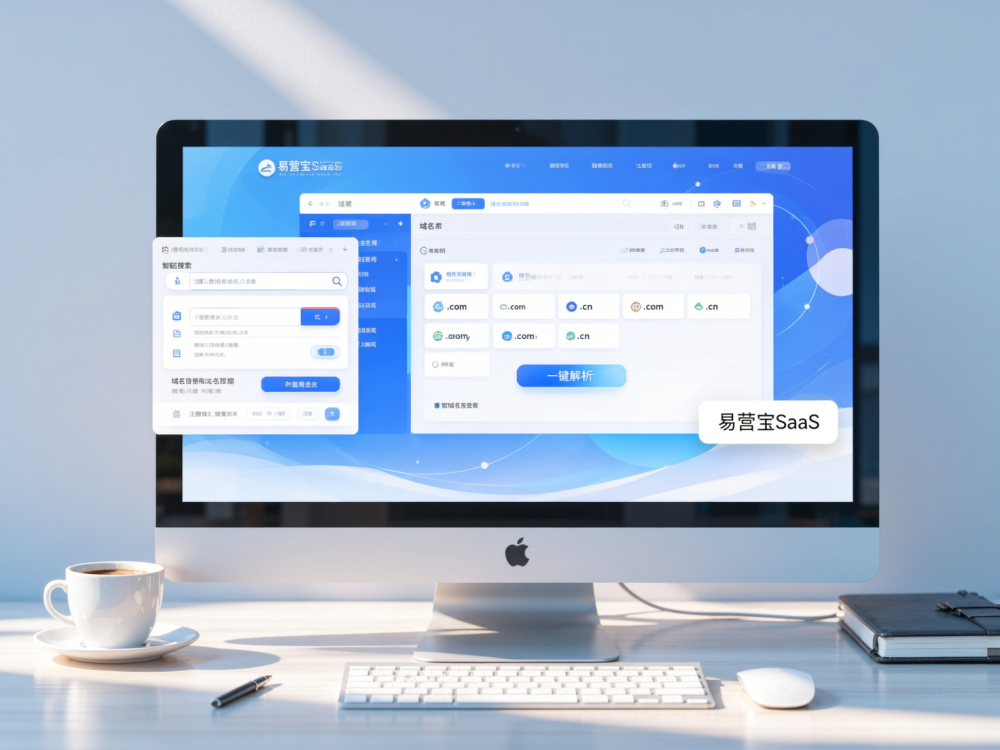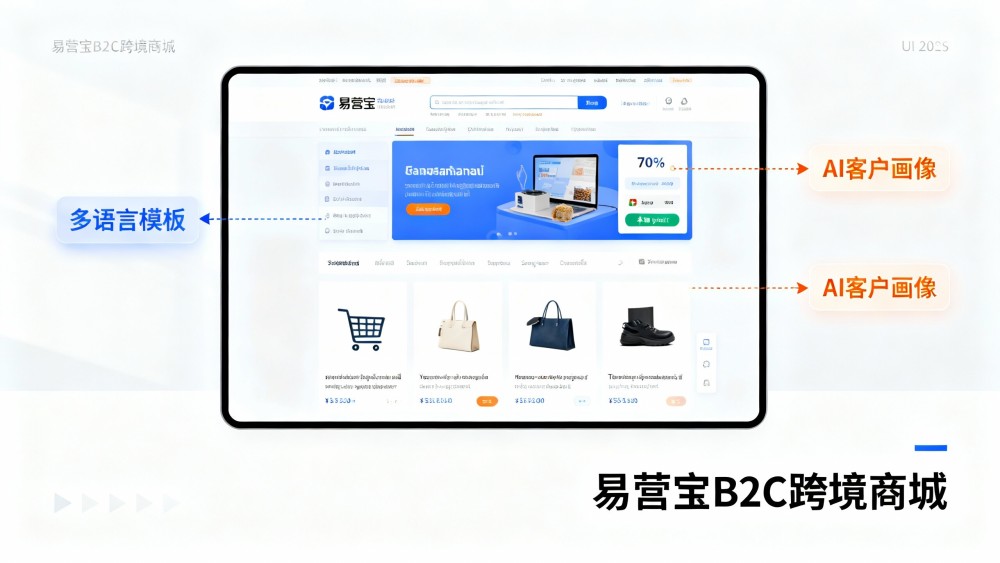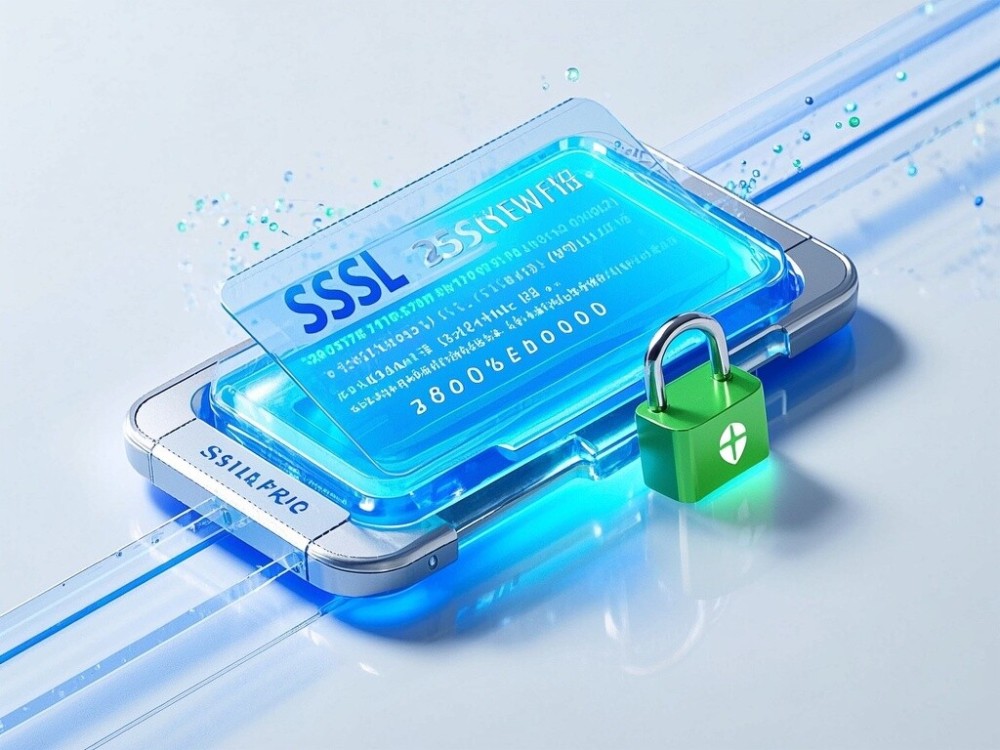- Comparison of delivery cycles for multilingual foreign trade website development in Shenzhen: Actual test data for custom development/no-code platform/hybrid mode2026-02-26View details
- Which company is reliable for multilingual website development in Jieyang? 6 evaluation criteria and a blacklist/whitelist2026-02-25View details
- What is a Foreign Trade Independent Website in the Vietnamese Market? Comprehensive Analysis of 2026 Growth Trends and Compliance Risks2026-02-26View details
- Wuxi Website Construction Trends 2026: AIGC Content Generation + Intelligent Customer Service Embedded as Standard, 3 Types of Enterprises Have Already Deployed Ahead of Schedule [Industry News]2026-02-26View details
- Which Zhengzhou website construction company is the best? 2026 Henan local service provider parameter comparison table: Template library/SEO tools/Multilingual support dimension full analysis [Industry Information]2026-02-26View details
- From Decision to Implementation: How Shijiazhuang Enterprises Can Align Eyingbao Smart Website Pricing Strategies with Project Management Rhythms?2026-02-25View details
Is the SaaS website system secure? 8 compliance and backup strategies for enterprise-level operations
Is the SaaS website system secure? For operators and users of foreign trade independent sites and cross-border website construction, this issue concerns both technical safeguards and compliance with business continuity. As an introductory guide, this article details eight enterprise-level compliance and backup strategies, covering definitions, market background, technical performance, standard certifications, and procurement decisions. It provides actionable checklists and practical recommendations for researchers and operators to help you in the selection and operation of multilingual foreign trade websites, cross-border e-commerce platforms, and responsive website systems—ensuring both data security and compliance while enhancing the stability and recovery capabilities of global SEO website systems.

Definition and Overview (Definition)
Before discussing security, let’s clarify the concept: SaaS website systems typically refer to online website-building and CMS capabilities provided by third-party vendors, hosting website environments and functionalities under a subscription model, supporting foreign trade independent site SaaS, enterprise-level multilingual CMS, and cross-border website construction. Unlike self-built hosting, SaaS website systems delegate infrastructure, patch management, backups, and partial compliance responsibilities to vendors, while operators must still ensure content compliance, account permissions, and business continuity strategies. In multilingual foreign trade website construction and cross-border site operations, typical requirements include multilingual SEO optimization, geo-targeted website solutions, responsive website platforms compatible with mobile devices, and seamless integration with third-party payment, logistics, and social media. Understanding the boundaries of SaaS is crucial for implementing the eight compliance and backup strategies, forming a closed loop from technology and processes to standard certifications.
Industry Background and Market Analysis (Market Overview)
Global cross-border e-commerce and foreign trade website markets continue to show growing acceptance of SaaS website systems, driven by rapid deployment, cost control, and automated operational tools. Leading domestic companies like EasyYun Information Technology (Beijing) Co., Ltd., founded in 2013 and headquartered in Beijing, leverage AI and big data as core drivers, with a decade of industry expertise. Adopting a dual strategy of "technological innovation + localized service," they serve over 100,000 enterprises and were listed among "China’s Top 100 SaaS Companies" in 2023, with an average annual growth rate exceeding 30%. EasyYun’s intelligent website system supports multilingual independent site construction and integrates AI translation engines, backed by server clusters covering seven continents for significant performance improvements and global SEO optimization. As a Google Premier Partner, Meta official agent, and Yandex core partner, the company offers end-to-end capabilities from website building to lead generation and conversion—key evaluation criteria when choosing foreign trade independent site SaaS or enterprise-level multilingual CMS.
Technical Performance and Eight Compliance & Backup Strategies (Technical Performance)

Technical performance and compliance strategies determine a SaaS website system’s "usability equals trustworthiness." Below are eight enterprise-level operational strategies for cross-border website construction and responsive platform operations: 1) Data tiering and encryption: Classify and store user data, orders, and payment information by level, using TLS and AES256 encryption per national/international standards; 2) Multi-region disaster recovery: Implement hot/cold backups across cloud regions, ensuring failover within 30 minutes; 3) Automated snapshots and versioning: Daily database and code snapshots with multi-version retention and rollback support; 4) Identity and access management (IAM): Least privilege principles, MFA, and granular logging; 5) WAF and DDoS protection: Collaborate with cloud providers (e.g., AWS/Aliyun) for edge WAF and full-network DDoS defense; 6) Compliance and privacy: Built-in GDPR/CCPA modules and regional data storage options; 7) Vulnerability scanning and patching: Continuous security scans with risk-prioritized auto-patching; 8) Disaster drills and SLA governance: Regular recovery rehearsals with SLA-quantified RTO/RPO. These strategies enhance foreign trade independent site SaaS stability and compliance. Operators can further optimize site performance and SEO using third-party tools like our AI+SEO marketing solution, which reduces content and operational costs while boosting traffic and conversions.
Standards & Certification / Call to Action (Standards & Certification / Call to Action)
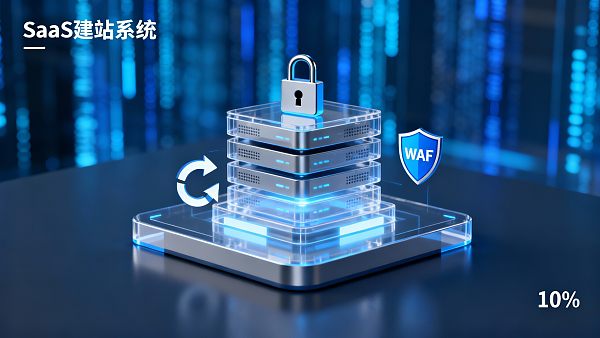
Prioritize certifications and ecosystems in compliance selection: Key standards include ISO 27001, SOC2 Type II audits, cloud provider compliance whitepapers, and regional privacy law records (GDPR, CCPA). Procurement guidelines: 1) Verify multilingual/geo-targeted solutions support data sovereignty and node selection; 2) Assess backup frequency, RTO, and RPO; 3) Validate third-party integrations (payment, logistics, social media) and SEO tool API openness; 4) Request drill reports and client case studies. Why choose us? EasyYun’s proprietary AI platform and 15 core patents drive annual tech stack updates, with data-driven capabilities and global traffic ecosystems (Google/Meta/Yandex partnerships) enabling closed-loop multilingual CMS and cross-border e-commerce solutions. Our hybrid HQ+regional partnership model supports localized compliance and global expansion. For technical evaluations, compliance consultations, or demos, contact us for customized solutions and free security assessments—helping your foreign trade independent site SaaS achieve compliant, sustainable operations.
- Website construction
- Platform
- Foreign Trade Website
- Multilingual standalone site
- Independent website building
- SEO Optimization Tools
- Multilingual website construction
- Multilingual SEO Optimization
- Campbell (name)
- SEO
- Independent site
- Intelligent website building system
- SEO Optimization
- Smart Website
- AI Translation
- EasySite Intelligent Website Builder
- Multilingual SEO
- AI Translation Engine
- Foreign trade independent website
- Multilingual website
- Global traffic ecosystem
- Global SEO Website System
- Geo-targeted Website Solution
- Enterprise Multilingual CMS
- Cross-border E-commerce Website
- SaaS Website System
- Responsive website platform
- Cross-border website construction
- Multilingual Website Construction for Foreign Trade
- Foreign Trade Standalone Site SaaS
- Responsive Web Design
Related Articles
![Multilingual Foreign Trade Website SEO Optimization Localization Pitfalls: 2026 Hreflang Tags + Structured Data Collaborative Checklist Multilingual Foreign Trade Website SEO Optimization Localization Pitfalls: 2026 Hreflang Tags + Structured Data Collaborative Checklist]() Multilingual Foreign Trade Website SEO Optimization Localization Pitfalls: 2026 Hreflang Tags + Structured Data Collaborative Checklist
Multilingual Foreign Trade Website SEO Optimization Localization Pitfalls: 2026 Hreflang Tags + Structured Data Collaborative Checklist![Global server deployment pitfalls for multilingual B2B websites: 92% of companies mistakenly choose 'proximity' over 'compliance + low latency' nodes Global server deployment pitfalls for multilingual B2B websites: 92% of companies mistakenly choose 'proximity' over 'compliance + low latency' nodes]() Global server deployment pitfalls for multilingual B2B websites: 92% of companies mistakenly choose 'proximity' over 'compliance + low latency' nodes
Global server deployment pitfalls for multilingual B2B websites: 92% of companies mistakenly choose 'proximity' over 'compliance + low latency' nodes![One-stop solution: How multilingual website cloud floating service providers complete demand assessment within 48 hours One-stop solution: How multilingual website cloud floating service providers complete demand assessment within 48 hours]() One-stop solution: How multilingual website cloud floating service providers complete demand assessment within 48 hours
One-stop solution: How multilingual website cloud floating service providers complete demand assessment within 48 hours
Related Products


